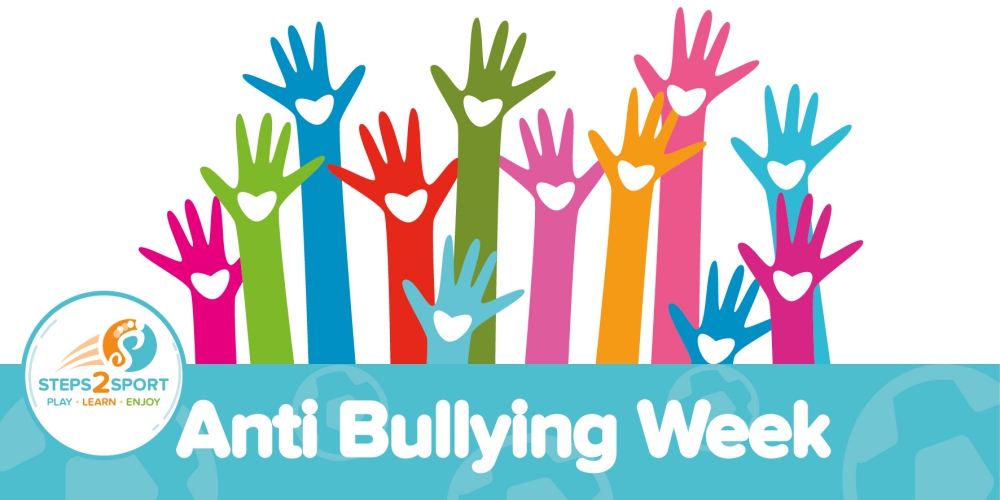This week is Anti-Bullying week, which is an important subject and should be addressed, with both children, schools and parents in mind.
Bullying is an important subject, that can appear in more places than schools. However, this is the environment that bullying often starts from.
What is Classed as Bullying?
Bullying can come in all shapes and forms, however the main ones are:
- Lying and making rumours
- Verbal abuse such as teasing, insults and racist remarks
- Physical abuse including pushing, pinching and kicking
- Tripping up others
- Mimicking unkindly
- Playing jokes to humiliate or embarrass
- Cyber bullying such as hurtful texts and posts and nasty gossip
- Deliberately excluding others
How Can We Prevent Bullying from Starting?
This is the most important factor. If we can demolish the start of bullying, then it will seize to exist and can be stopped before it turns into something more serious. Ways in which we can help bullying to stop are:
- Encourage children to treat others with respect and work in teams
- As a school, create policies and a bullying report system. Let children know who they can come to should they have any problems, including bullying
- Build a safe environment that children feel happy in and reinforce social inclusiveness
- If you see bullying happen – intervene. By ignoring the situation you are enforcing that bullying is acceptable, when it is in fact the opposite. Intervene immediately
.jpeg)
How Do I Know If My Child Is Being Bullied?
There are some tell tail signs that your child is being bullied. Look out for:
- Unexplained injuries
- Lost clothing or school books
- Frequent stomach aches and headaches, or faking illness
- Declining grades and loss of interest in schoolwork
- Decreased self esteem
- Difficulty sleeping and frequent nightmares
What Can I Do If My Child Is Being Bullied?
If you suspect your child is being bullied, here is some advice to take:
- Listen to your child, and let children tell their story in their own words
- Reassure your child. Let them know that none of this is their fault, and by sharing their problem it can now start to be solved
- Praise your child for doing the right thing and talking about it
- Keep a diary of incidents, this will act as evidence and facts when you approach the school
- Tell the school, sports coach or club leader





